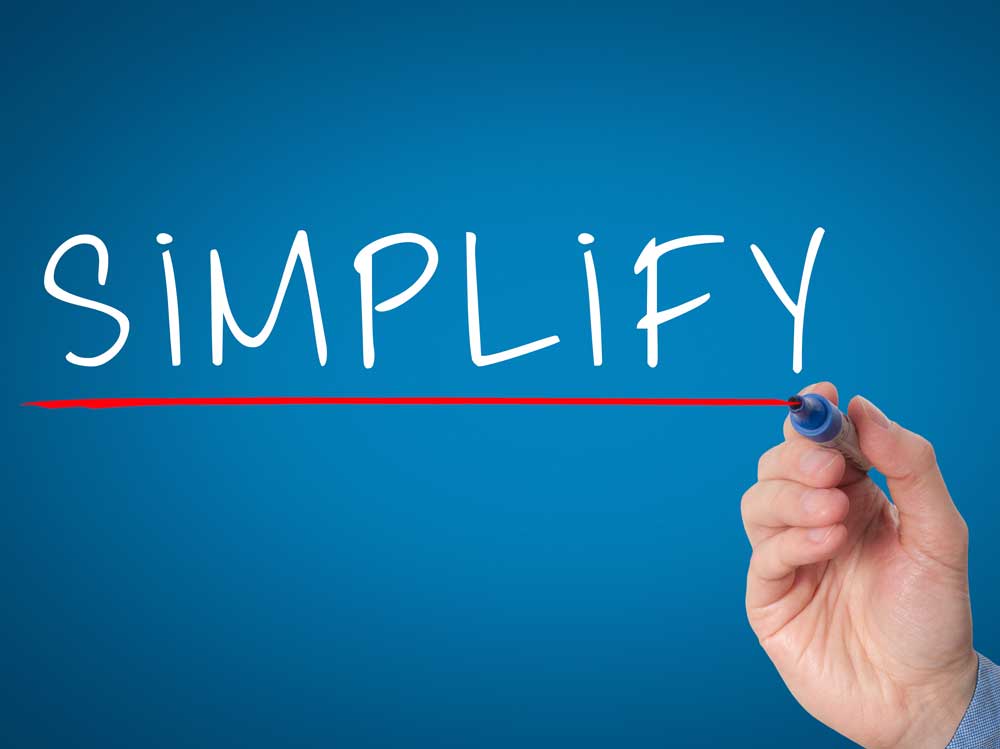Budgets for Simplified Business Process

Budgets for Simplified Business Process
Improving ease of doing business has been one of the primary objectives of the present Indian Government and a slew of measures like INC-29 incorporation, Startup India Action Plan and Centralised Name Approval has been already enacted. The 2016 Budget has also announced various measures as under to improve ease of doing business in India.
Abolishment of 13 Cess
In order to reduce tax and compliance burden, 13 cesses levied by Ministries or Departments, administered by the Department of Revenue, where the revenue collection from each of them is less than Rs.50 crore in a year is being abolished.
Standardisation of Interest on Delayed Payment of Tax or Duty
In order to improve ease of compliance, the interest rate on delayed payment of duty or tax across all indirect taxes is being rationalised at 15%. However, in case of service tax collected but not deposited, the rate of interest on delayed service tax payment will be 24% from the date on which the service tax payment became due. However, in the case of assesses with taxable value during the preceding year covered by the notice is less than Rs.60 lakh, the rate of interest on delayed payment of service tax will be 12%. The standardisation of interest on delayed payment of tax or duty is set to come into effect from the date of enforcement of Finance Bill, 2016.
Amendment to CENVAT Credit Rules
The 2016 Budget has announced an amendment to the CENVAT Credit Rules, 2004 to improve credit flow, reduce compliance cost and litigation. Changes in the CENVAT credit rules are being made in the provisions relating to input service distributor, including an extension of this facility to transfer input services credit to outsourced manufacturers. These amendments to the CENVAT credit rules will help manufacturers with multiple manufacturing units to maintain a common warehouse for inputs and distribute inputs with credits to the individual manufacturing units. The amendment to CENVAT credit rules are set to come into effect from 1st April 2016.
Reduction in Number of Central Excise Returns
The number of returns to be filed by a central excise assessee, above a certain threshold is being reduced from 27 to 13. From 1st April 2016, central excise assessees will be required to file only one annual and 12 monthly central excise returns. The annual return will also have to be filed by service tax assessees, above a certain threshold.
Limit for Launching Prosecution
The monetary limit for launching prosecution is being increased to Rs.2 crore of service tax evasion. Further, the power to arrest is being restricted only to situations where the taxpayer has collected the service tax payment of over Rs.2 crores, but not deposited to the Government.
Withdrawal of Small Cases
Chief Commissioners of Central Excise have been instructed to file an application for withdrawing prosecution in cases involving duty of less than Rs.5 lakhs and pending for more than fifteen years. Further, amendments are being made to Central Excise and Service Tax laws for the closure of proceedings against co-notices, once the proceedings against the main notice have been closed.
Easier Import-Export
The Customs Act is being amended to provide for deferred payment of customs duties for certain class of importers and exporters. Also, the duty-free import allowance for bonafide gift items imported by post or air or by courier service being increased to Rs.20,000. Finally, rules prescribing the procedure for import or domestic procurement of goods at concessional rates of customs and excise duties for certain specified purposes are being simplified.


